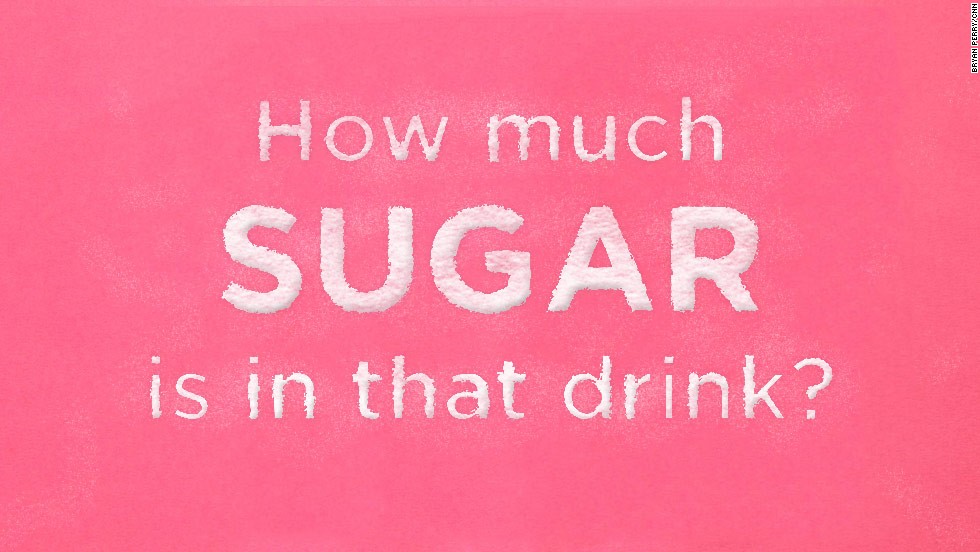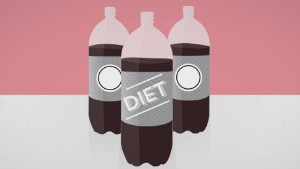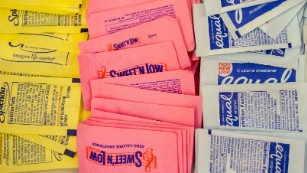The main cause of premature death in the new research was cardiovascular disease, followed by cancer, primarily of the colon and breast, according to the study.
Overall, the consumption of sugary beverages was found to increase the risk of premature death from cardiovascular disease by 31% and from cancer by 18% when the group who drank more than two per day was compared with those who had fewer than one per month.
The researchers also examined the effects of artificially sweetened beverages, considered by many to be a safer alternative to sugary drinks.
Substituting one sugary beverage per day with an artificially sweetened one was found to lower the risk of premature death, but drinking four or more artificially sweetened beverages increased the risk of premature death from cardiovascular disease in women. The same effect was not seen for men, and it was not seen for the risk of dying from cancer.
A similar
study published last month based on the Women’s Health Initiative, a long-term national study, found an association between drinking two or more artificially sweetened beverages per day and an increase in the risk of strokes, heart attacks and premature deaths in women over 50.
Both studies indicate a link between artificially sweetened beverages and women’s risk of death, said Yasmin Mossavar-Rahmani, associate professor in the Department of Epidemiology and Population Health at Albert Einstein College of Medicine, who was author of last month’s study.
Exactly what is different about women that increases the association between consuming artificially sweetened beverages and the risk of dying prematurely, requires more research, Mossavar-Rahmani said.
Because it is observational, the new study cannot establish cause and effect, Malik said.
Robert Rankin, president of the Calorie Control Council, an organization representing the low- and reduced-calorie food and beverage industry, cautions against drawing conclusions from this and other observational studies.
“It is likely study subjects were already at a greater risk for these conditions and chose low-calorie sweetened beverages to manage their calorie and sugar intake, as these products are proven safe and beneficial for those managing their weight and blood glucose levels,” he said in a statement.
“The sugar used in our beverages is the same as sugar used in other food products. We don’t think anyone should over consume sugar, that’s why we’re working to reduce the sugar people consume from beverages across the country. … [L]ow- and no-calorie sweeteners have been repeatedly confirmed as safe by regulatory bodies around the world,” he added.
Given prior research on the effects of sugary drinks on weight gain, Type 2 diabetes, heart disease and stroke, Malik said her team’s new findings provide further evidence that consumers should strive to cut back on their consumption.

























